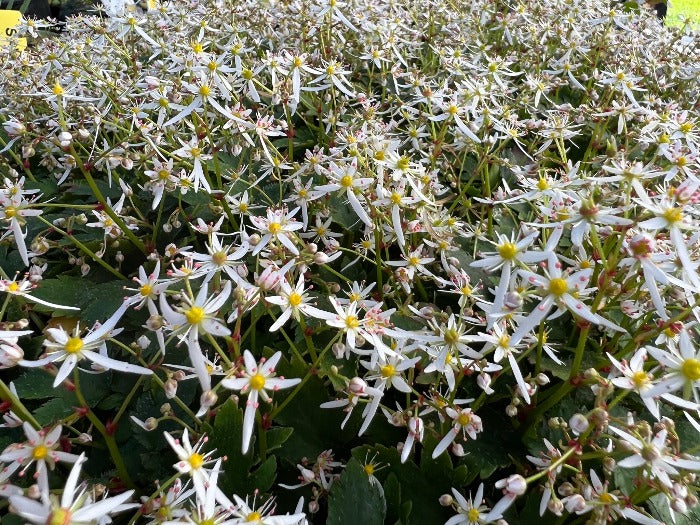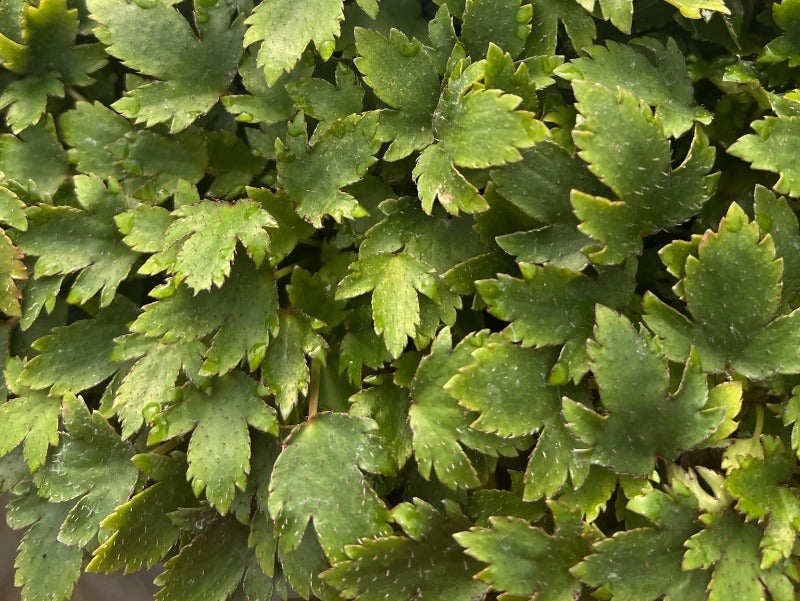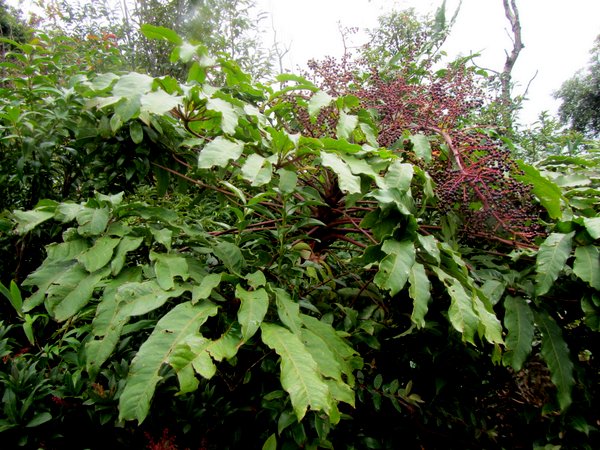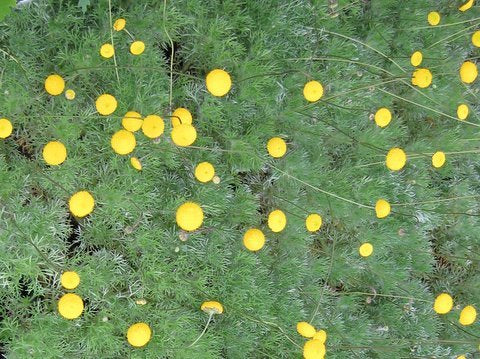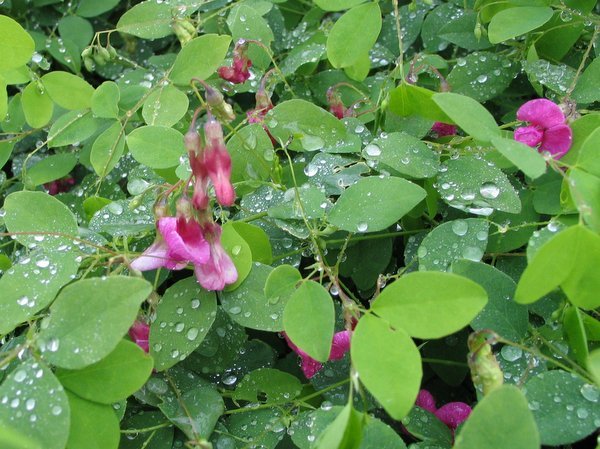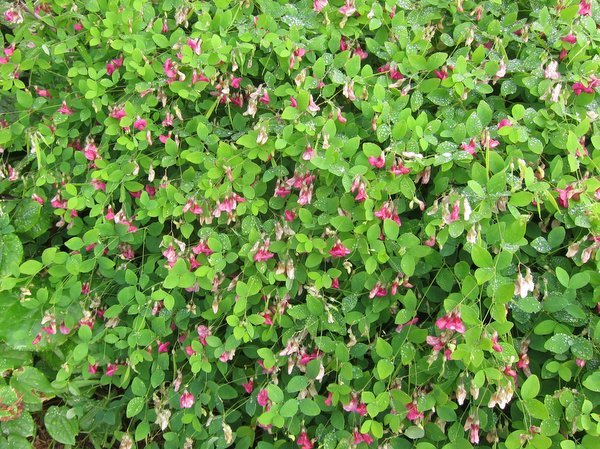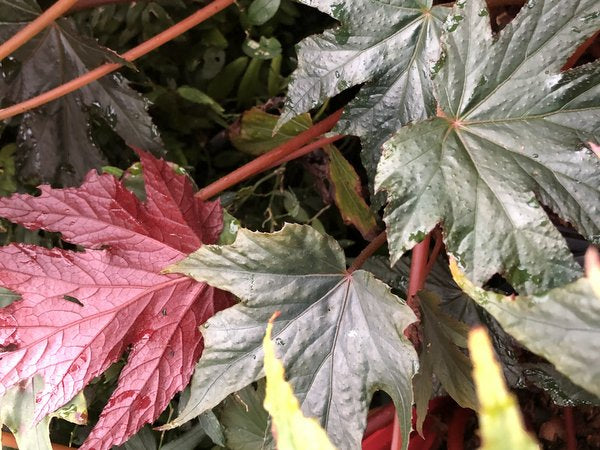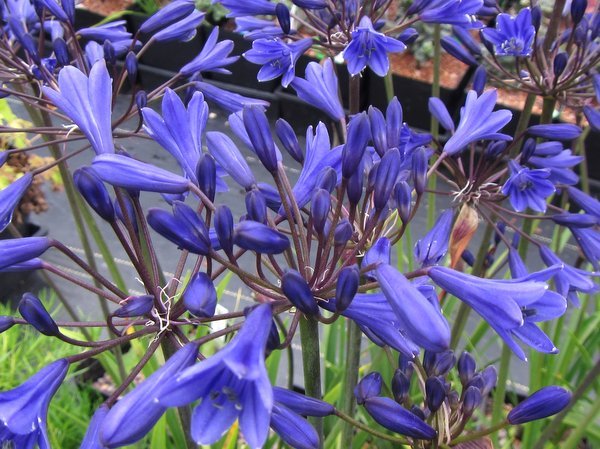Sort by:
1758 products
1758 products
Robust can often go without saying when it comes to mint relatives but this one really hits that sweet spot of pow and wham without the "I work alone" bullheadedness of thuggy culinary relatives and superheroes with poor social marks from their supergroups. A Hinkley collection from turkey which forms a nicely mounded clump of pleated arrowhead leaves topped off by bright pinky-purple flowerheads on foot tall stems. Happy in the sun and amidst both the probing antennae and the roving chompers of your local fauna. Easy and likeable, be a Superman not a Punisher.
When Paradise is in the name there's a lot to live up to and while I don't know that this is the harbinger of Morian utopia, it certainly isn't The Inferno. Rosettes of narrow strappy leaves and 3 feet tall spikes of white flowers. Will seed around but the architecture is relatively airy so it can play nice with others if not weeded out, or would make a great meadow component. Pretty easy and deer resistant.
This natural hybrid of one of the classic South African bulb genera is endemic to Cape Province, and you'd be hard pressed to find it much further than that native range even in cultivation, luckily we have excellent connections like Michael Wickenden who generously shared it with us. Bladelike foliage, while nice, is unlikely to wow. The flowers however can grow in great spikes of up to 6 1/2 ft tall! Individual florets can come in red or pink and look rather similar to a more trumpeted Hesperantha, corollas flaring out to a star shaped opening. Prefers a Mediterranean climate and very well draining soil, can be pot-grown in a similarly draining mixture for those not living the riviera lifestyle. *THIS DESCRIPTION REFERS TO WATSONIA X LONGIFOLIA AND IS YET TO BE UPDATED TO CONCUR WITH ITS PROPER ID*

